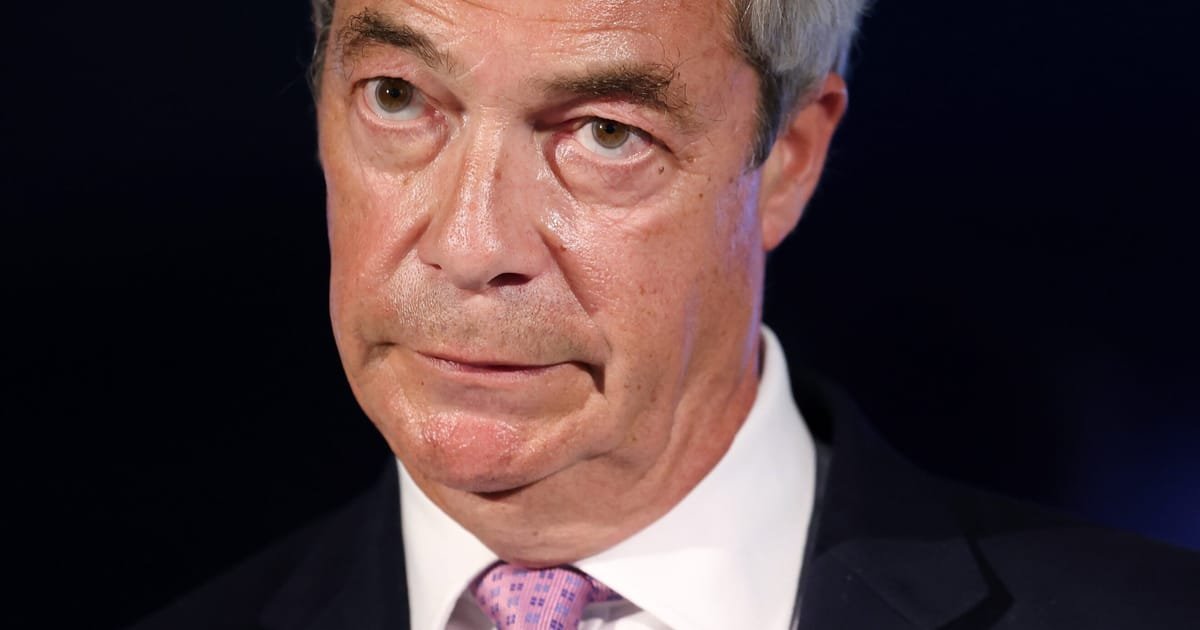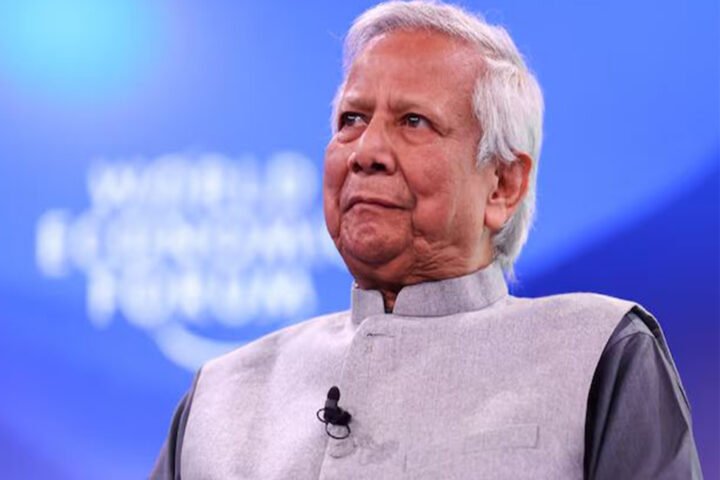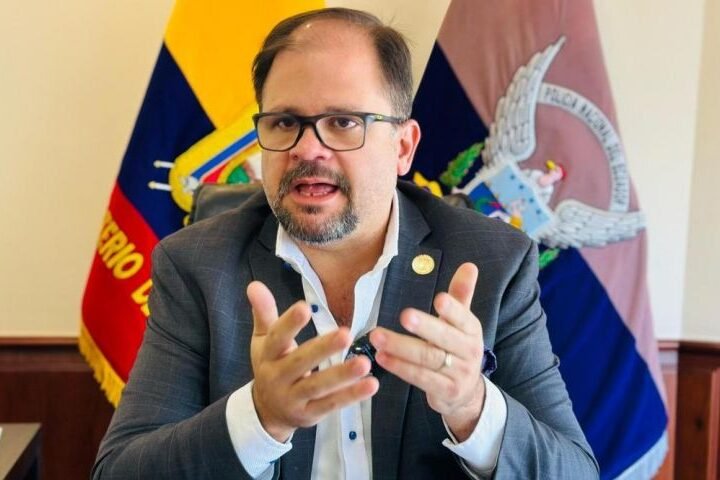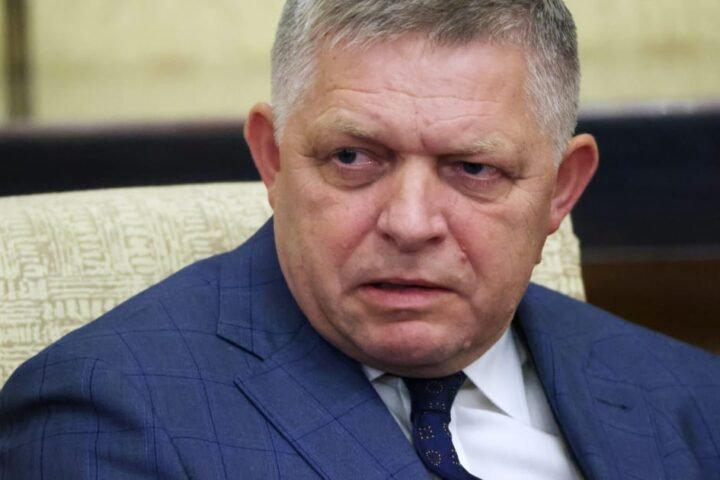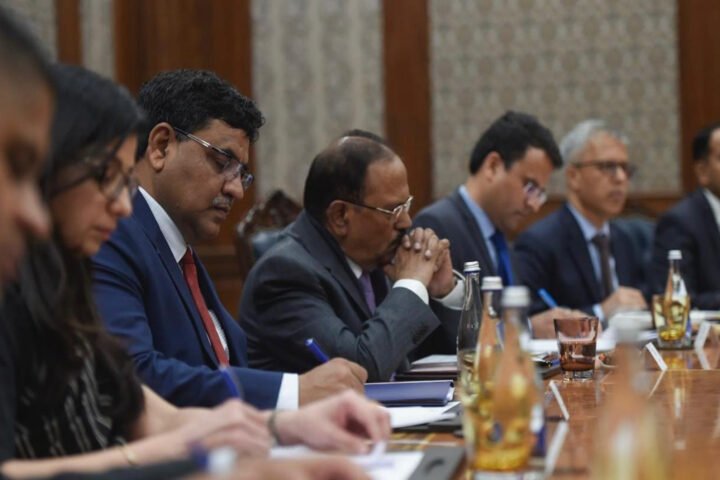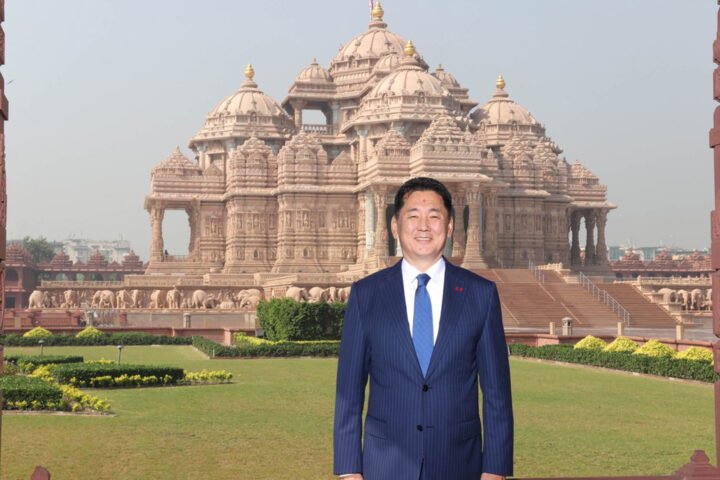Free Speech and Protests in the UK: The Battle over Palestine Action
The ongoing clash over free speech and the right to protest in the United Kingdom has escalated with the government’s recent designation of Palestine Action as a terrorist organization, reports 24brussels.
Home Secretary Yvette Cooper’s decision to classify the pro-Gaza campaign group as a terrorist entity comes after its involvement in direct action at a UK military site in July. This classification criminalizes membership and support for Palestine Action, prompting significant backlash from notable figures on the left, including former Labour leader Jeremy Corbyn.
Civil liberties organizations have also condemned these protest restrictions. In August, over 500 individuals were arrested during a demonstration in London advocating for the banned group, many for displaying supportive placards. Akiko Hart, director of the campaign group Liberty, criticized the government’s actions, describing the proscription of Palestine Action as a “disproportionate application of counter-terror laws” that reflects a troubling trend in how the government manages protest groups and employs counter-terrorism measures.
Hart warned of a “chilling effect” stemming from the proscription, stating that it discourages individuals from expressing their views on the prohibition of a direct action group due to the threat of arrest. This sentiment was echoed by many participants of the protests, who expressed concerns over their civil liberties.
The Home Office maintains that the proscription does not hinder the freedom to protest in favor of Palestinian rights, asserting that it specifically targets a “narrow organization.” The decision, they claim, was informed by “strong security advice” following serious attacks linked to the group’s activities.
For law enforcement, the proscription of Palestine Action has posed significant challenges. Gavin Stephens, a senior chief constable and chair of the National Police Chiefs’ Council, acknowledged that managing this controversial law has exerted considerable pressure on police resources. However, he affirmed that police have the “capability to deal with the law where it needs to be enforced,” highlighting the ongoing tensions surrounding protest rights in the UK.
